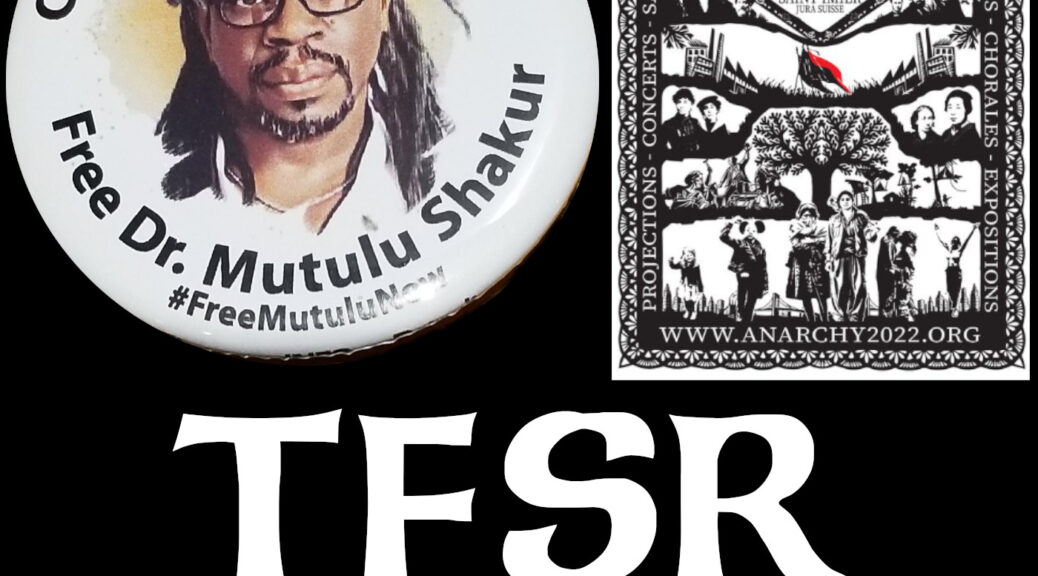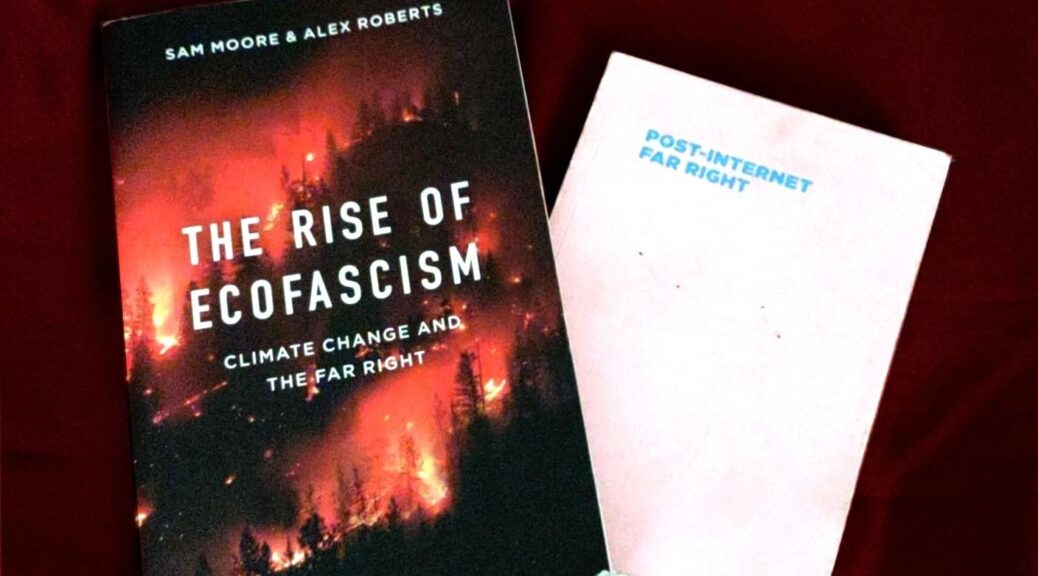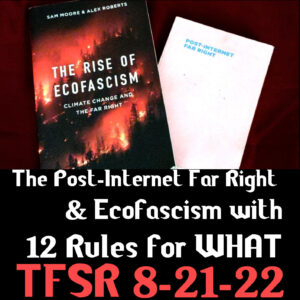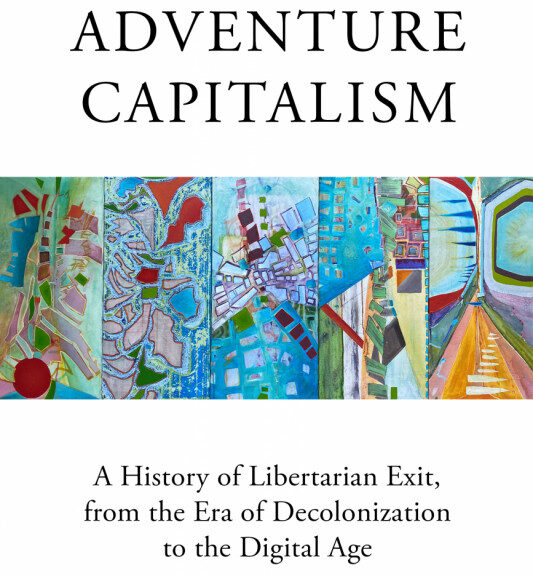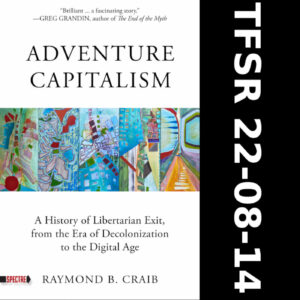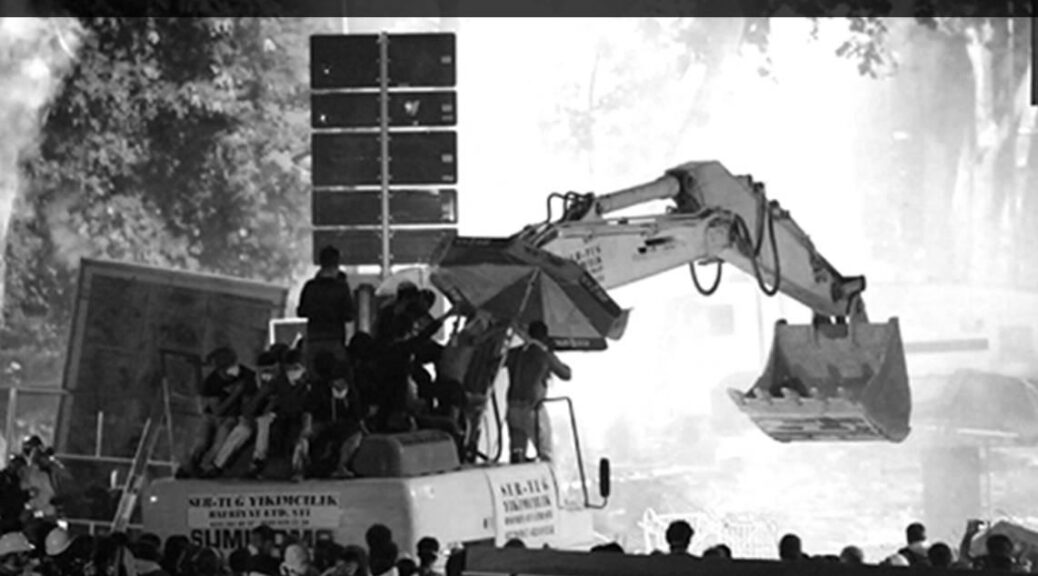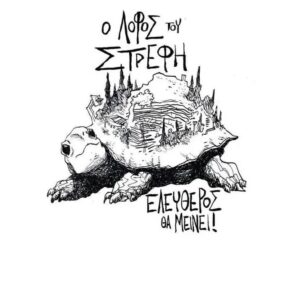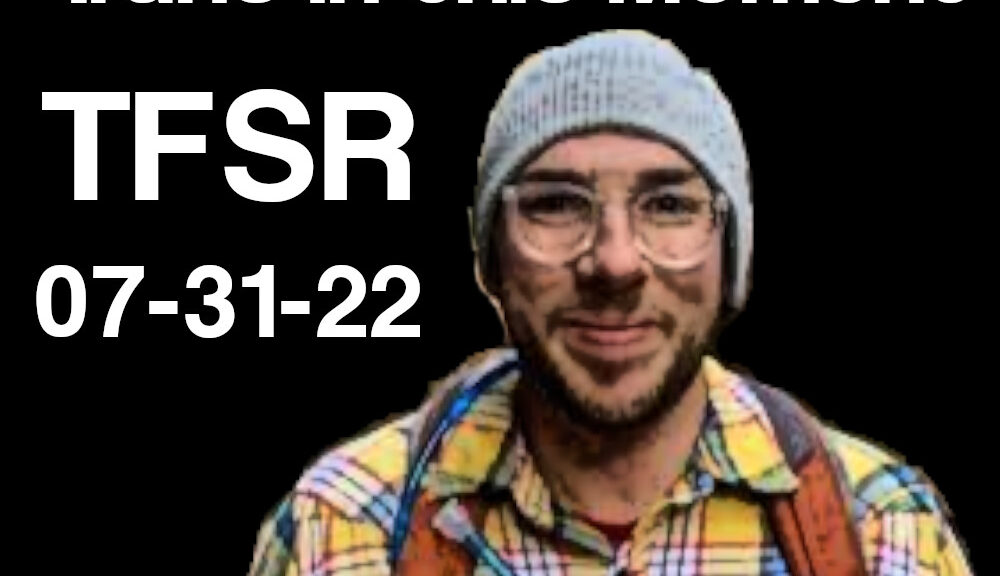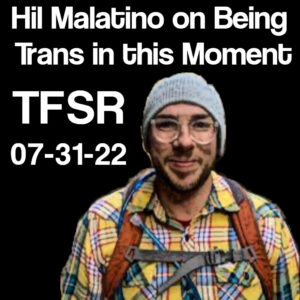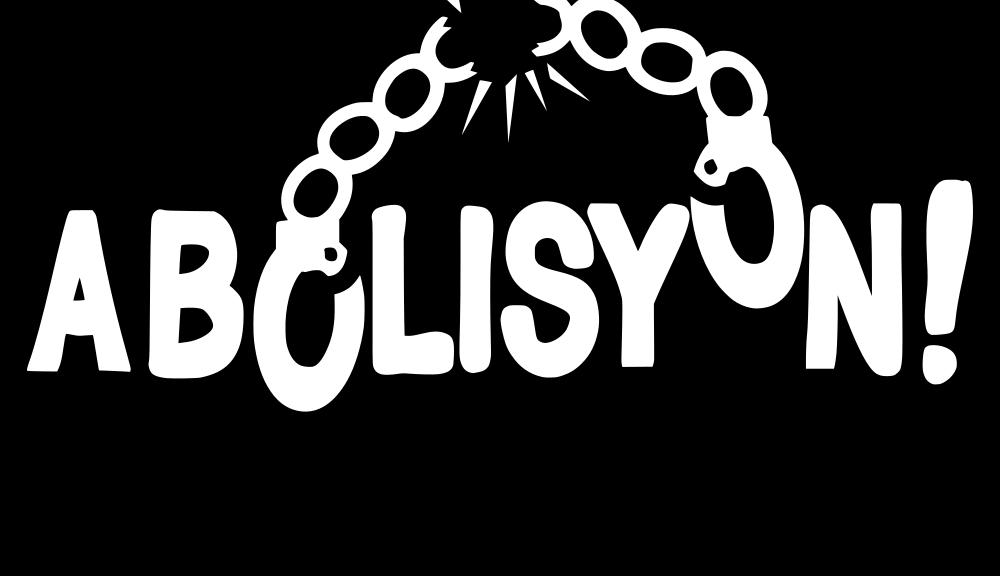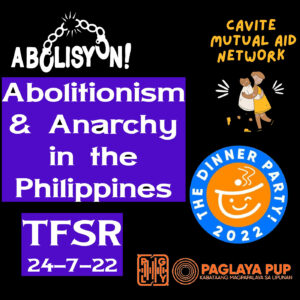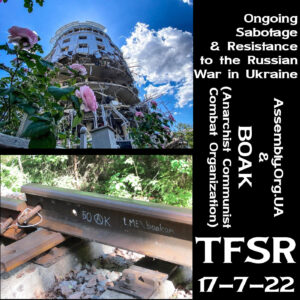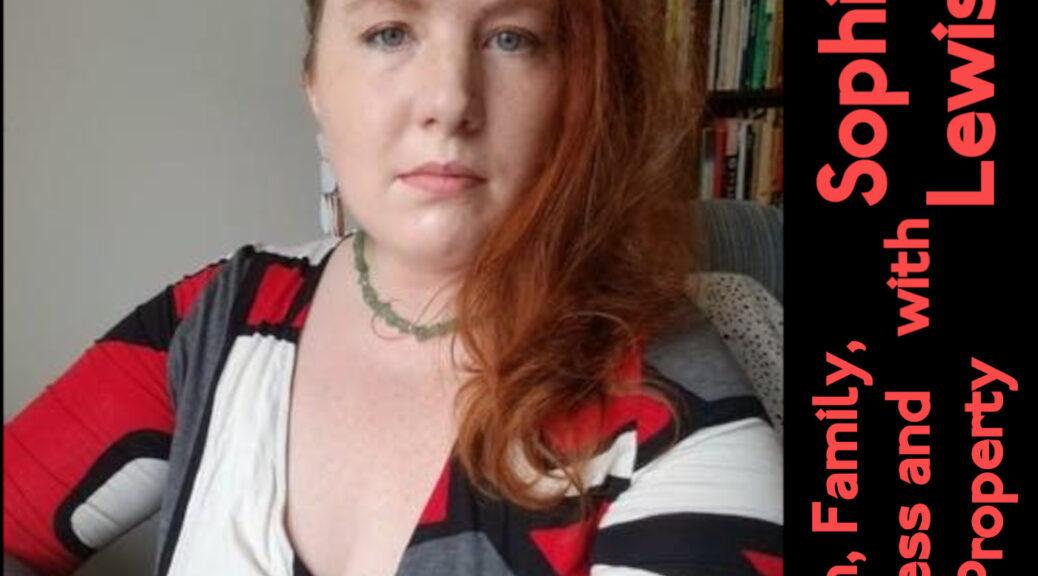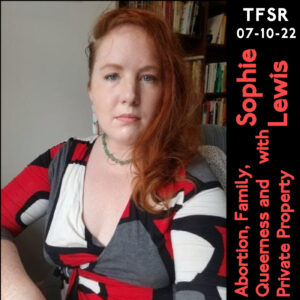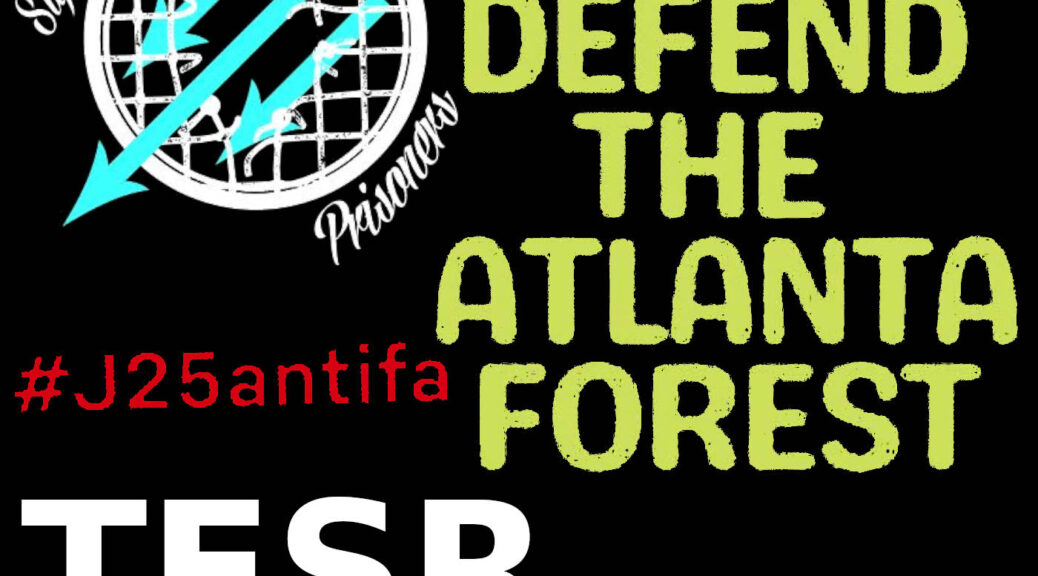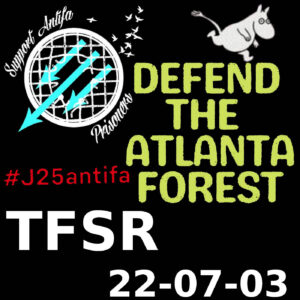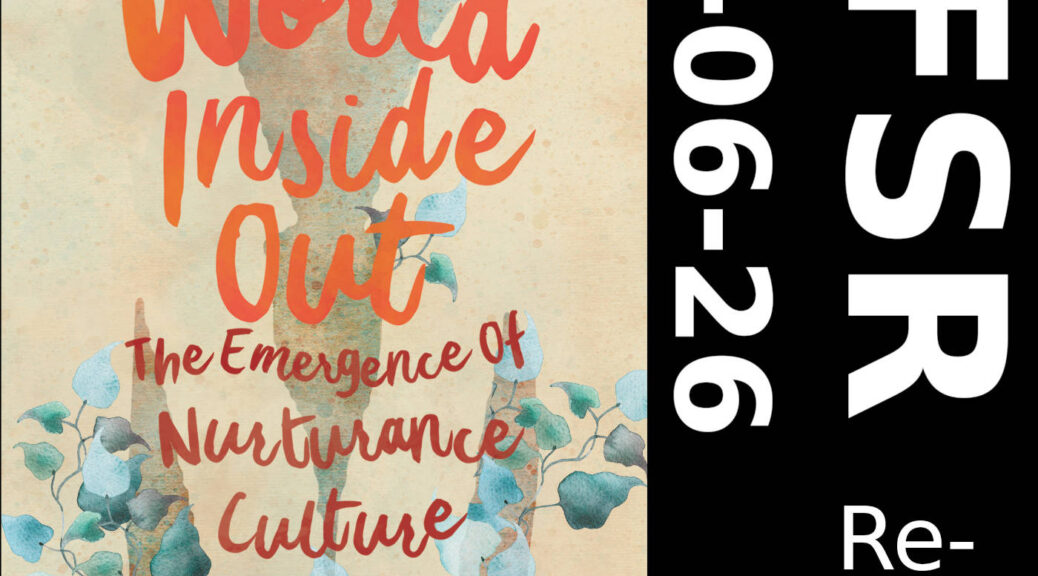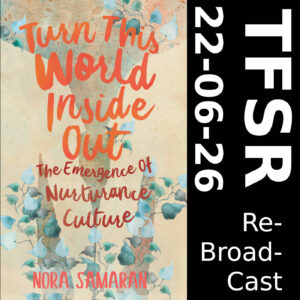Free Mutulu Shakur + St-Imier Weekend Libertaire
This week on TFSR, you’ll hear two a conversation about the push to free Dr. Mutulu Shakur from prison and an interview about the 150th anniversary of the Jura Federation gathering in St-Imier, Switzerland. The first portion of this episode will be in a stand-alone zine available soon, the second will sit beside an interview with Robert Graham about his book on the history of the split in the 1st International and the beginnings of the anarchist movement, hopefully in early October.
- Transcripts
- PDF (Unimposed)
- Zine (Imposed PDF)
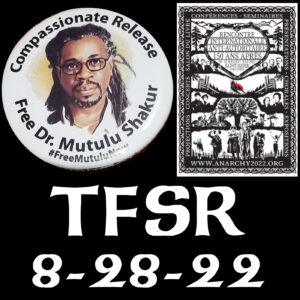
First up, Watani Tyehimba of the Malcolm X Grassroots Movement and a supporter and comrade of New Afrikan political prisoner Dr Mutulu Shakur speaking about Dr. Shakur’s life, activism and the struggle for his release since he’s been diagnosed with serious bone cancer.
Then, you’ll hear portions of the latest episode of Bad News, the monthly podcast from the anarchist and anti-authoritarian radio and podcast network, A-Radio. The segments included are an interview by A-Radio Berlin with an organizer of this July’s Weekend Libertaire on the 150th anniversary of the 1872 Anti-authoritarian International of Working People that happened in July in St-Imier, Switzerland. We hope to have an in depth conversation on the split in the International and the early days of the anarchist movement to share in the near future. You’ll also hear a shoutout for the International Week of Solidarity with Anarchist Prisoners, August 23-30th. You can hear more from this and other episodes of BAD News at a-radio-network.org or linked in our show notes. Finally, we’ll be finishing up this episode with Sean Swain’s weekly segment. Enjoy!
We hope to be releasing an interview with Tim (aka Sole) and Aaron from the Propaganda By The Seed podcast next week. Patreon supporters can keep an eye out for the release a few days early.
Continue reading Free Mutulu Shakur + St-Imier Weekend Libertaire

